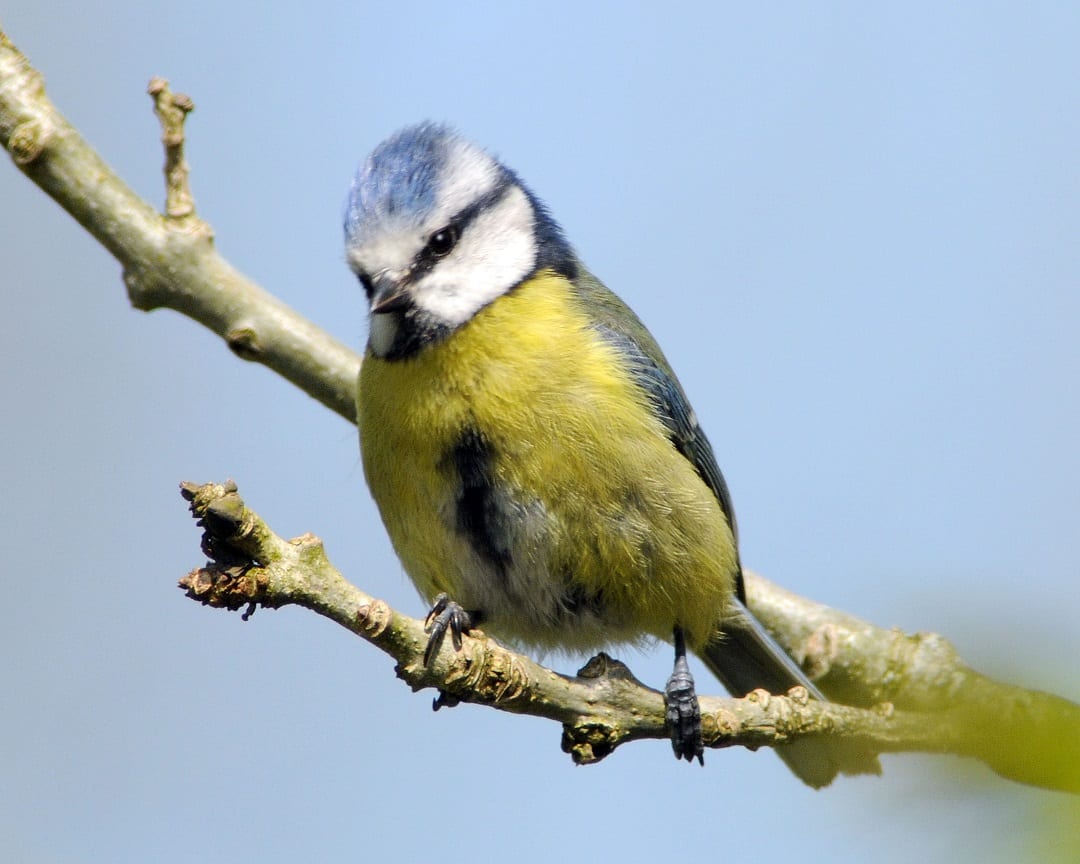
Studies have consistently shown that spending time in nature has a positive impact on physical and mental well-being. Most of us don’t need to read the research papers to know this; we feel those benefits firsthand, whether through our brisk lunchtime strolls in the local park or invigorating sea dips.
There’s no question that spending time outdoors is beneficial for our well-being but recent research shows that how we spend time engaging in the natural world is important, too. In fact, it is the way people engage with nature, rather than the frequency or length of time spent in nature, that really matters.
A paper published in People and Nature entitled “The benefits of citizen science and nature-noticing activities for well-being, nature connectedness and pro-nature conservation behaviours” looked at the impact of various activities aimed at supporting people’s engagement with nature.
In this UK-based study, 500 participants were randomly assigned to one of six groups: a citizen science project (either a butterfly or pollinator survey), a nature noticing activity (spending time to notice three good things in nature such as bird singing), a combination of citizen science and the nature noticing activity, or a control group. Each activity required the participant to spend ten minutes in nature and they were invited to take part at least five times over an eight-day period. There were no restrictions placed on where this place in nature could be; Participants were simply encouraged to choose an outdoor space that was easily accessible to them.
Surveys taken by participants before and after the eight-day period allowed the researchers to evaluate the impact of participation in these activities. They found that people taking part in nature-based activities (citizen science groups, the nature noticing group and the groups that did a combination of both) increased in nature connectedness, well-being and pro-nature conservation behaviour scores during the study, while those in a wait list control group showed no change.
Human and ecosystem health are interconnected and the findings of this study demonstrate this.
People of all ages across Ireland have the opportunity to support their well-being and the health of the environment around them by taking part in one of BirdWatch Ireland’s citizen science surveys this winter.
Citizen science is research carried out by members of the public who voluntarily collect scientific data. By signing up as a participant in one of our citizen science surveys, not only can you boost your own well-being, you will also be contributing to a growing body of data on birds in Ireland. The data that we get from these surveys plays a vital part in helping us to understand how these birds are faring, as well as the overall state of the environment.
Now in its 35th year, the Irish Garden Bird Survey grants people across the country the opportunity to serve as our eyes on the ground by observing and recording birds in their gardens, school grounds, on their balconies, or within any other space they enjoy daily. All of this information gives us insight into how different species are faring and, in turn, identify current threats and future conservation priorities. For those taking part, it is a great way to learn more about Ireland’s garden bird species
The Irish Garden Bird Survey is perhaps our most simple and inclusive survey, one in which people of all ages, backgrounds and experience levels can play their part. It will kick off this November. Find out more about taking part in the Irish Garden Bird Survey.
If you are driving or walking during winter evenings in Ireland, it’s likely that you’ve witnessed the wondrous whirling spectacle that is a Starling murmuration. Starlings perform murmurations just before they settle to roost (i.e. sleep) for the night. Through the Irish Starling Murmuration Survey, we want to find out where these huge gatherings of Starlings are taking place. Taking part is easy. Simply fill out the Irish Starling Murmuration Survey form with details of any murmuration that you witness.
Coordinated by BirdWatch Ireland and funded by the National Parks and Wildlife Service (NPWS), the Irish Wetland Bird Survey (I-WeBS) sees over 400 skilled volunteers, NPWS Rangers and BirdWatch Ireland staff monitor wintering waterbird populations at their wetland sites across the Republic of Ireland. The information gathered through these surveys gives us an idea of how these birds are faring so that informed conservation action can be taken. I-WeBS takes place from September until March. If you would like to get involved to help monitor your local waterbirds, you can register your interest in I-WeBS.

